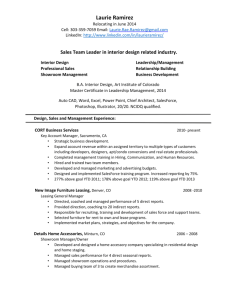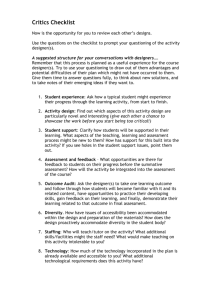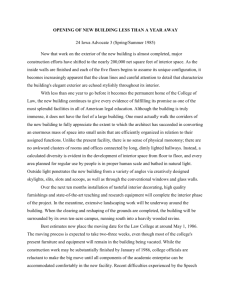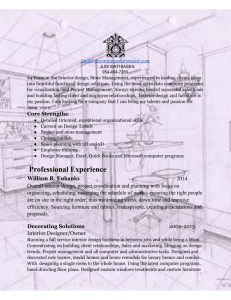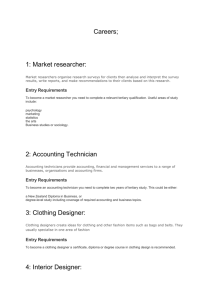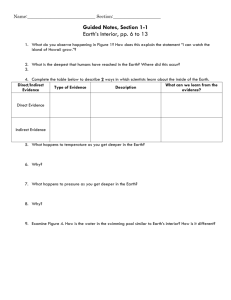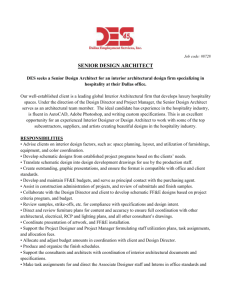Interior Designers Boost the Selling Power of Curb
advertisement
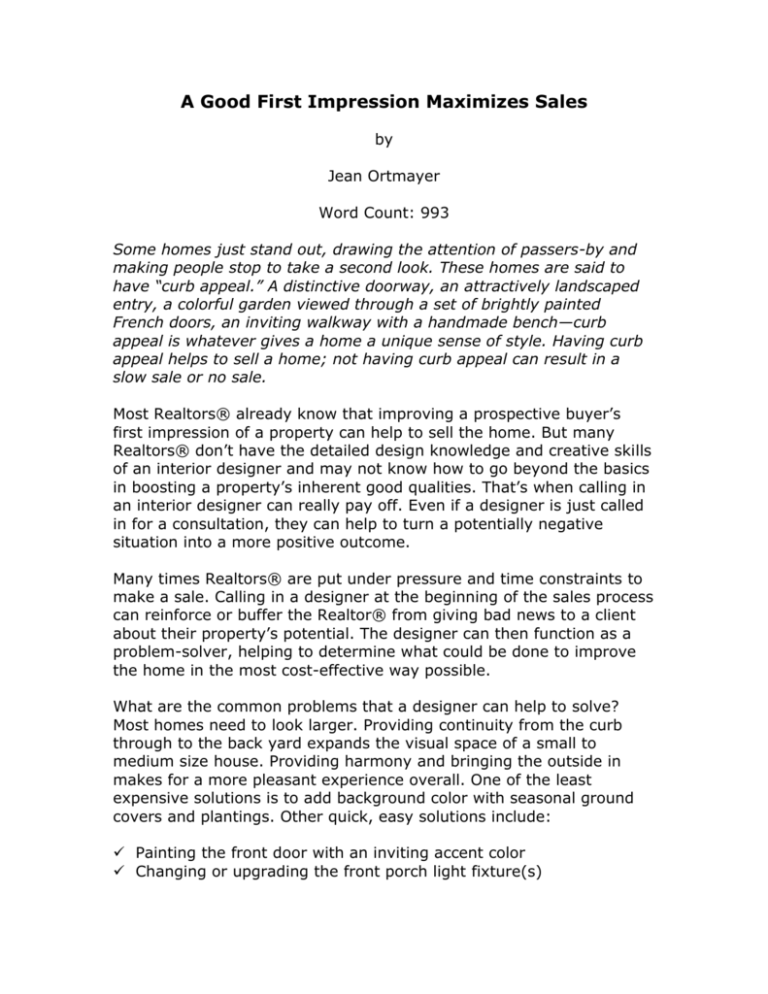
A Good First Impression Maximizes Sales by Jean Ortmayer Word Count: 993 Some homes just stand out, drawing the attention of passers-by and making people stop to take a second look. These homes are said to have “curb appeal.” A distinctive doorway, an attractively landscaped entry, a colorful garden viewed through a set of brightly painted French doors, an inviting walkway with a handmade bench—curb appeal is whatever gives a home a unique sense of style. Having curb appeal helps to sell a home; not having curb appeal can result in a slow sale or no sale. Most Realtors® already know that improving a prospective buyer’s first impression of a property can help to sell the home. But many Realtors® don’t have the detailed design knowledge and creative skills of an interior designer and may not know how to go beyond the basics in boosting a property’s inherent good qualities. That’s when calling in an interior designer can really pay off. Even if a designer is just called in for a consultation, they can help to turn a potentially negative situation into a more positive outcome. Many times Realtors® are put under pressure and time constraints to make a sale. Calling in a designer at the beginning of the sales process can reinforce or buffer the Realtor® from giving bad news to a client about their property’s potential. The designer can then function as a problem-solver, helping to determine what could be done to improve the home in the most cost-effective way possible. What are the common problems that a designer can help to solve? Most homes need to look larger. Providing continuity from the curb through to the back yard expands the visual space of a small to medium size house. Providing harmony and bringing the outside in makes for a more pleasant experience overall. One of the least expensive solutions is to add background color with seasonal ground covers and plantings. Other quick, easy solutions include: Painting the front door with an inviting accent color Changing or upgrading the front porch light fixture(s) Placing an appropriately styled bench, seat or other threedimensional piece on the porch, verandah or in the front yard or garden Keeping all walkways and entrances swept and hosed off Providing potted plants on the front porch in keeping with the exterior style (don’t mix cactus or succulents in Mexican clay pots with a Cape Cod or French Chateau look) Adding a clean, stylish new entrance mat Upgrading the front door hardware, including the door handle, knocker, hinges and/or kick plate This sets the stage and creates a pleasant feeling of anticipation by the time the front door is reached. Indoors, the strategy should be to make rooms look lighter, brighter and more spacious, while judiciously editing and accessorizing to make each room more pleasing to the eye and senses. This can be done by: Cleaning out closets and clutter Painting walls and trim Replacing carpeting to overcome pet stains/smells Staging an empty house with rented furniture and potted plants Adding inviting sensory aromas with potpourri or a stovetop diffuser Remember: The lighter, brighter and more harmonious the interior of a house can look the better. It’s also important that the feeling of the front yard and interior of the house should flow outside into the backyard and patio areas. Patio furniture and containers can be harmonized with the colors and styles used in other areas of the home. These outdoor rooms should be as aesthetically pleasing as the entrance and interior spaces, allowing the prospective buyer to leave the property with a good feeling about the entire house. If a buyer can’t picture themselves or their belongings in a house they won’t buy it. Therefore, a Realtor® can help close a sale by bringing in an interior designer to help a prospective buyer visualize styles, furnishings and the possibilities of a new use of space in the new home (including how to fit their existing furnishings into each room). A designer with extensive experience in space planning might even suggest interior architectural changes or enhancements. Designers can help with: Hints for matching exterior details to interior details to give a home “flow” Helping the buyer visualize himself/herself in the new home Re-working and re-designing using the sellers own furniture and accessories to create a more appealing look Utilizing the expertise of an interior designer can make a world of difference to the progress of a sale. For a minimum amount of investment a Realtor® receives a maximum amount of return. An experienced interior designer has the right contacts and the know-how to help make changes that can get escrow closed in a timely manner. If two homes are on the market in the same neighborhood, the home that is visually appealing and that buyers can easily see themselves living in is the home that is going to sell, even if it costs more… Like selling anything, the process of purchasing a new home is emotional. By consulting an interior designer, a Realtor® can increase the impact of that crucial first impression on a potential buyer and help to guarantee a favorable outcome to the sales process. Jean Ortmayer, Allied Member ASID, CID is principal and owner of Jean Ortmayer Interior Design. Transforming a house into a beautiful, comfortable home appropriate to a client’s individual taste and lifestyle is the mission and design philosophy behind Jean Ortmayer Interior Design. For information about Jean, contact the Frog Pond at 800.704.FROG(3764) or email susie@frogpond.com; http://www.frogpond.com

